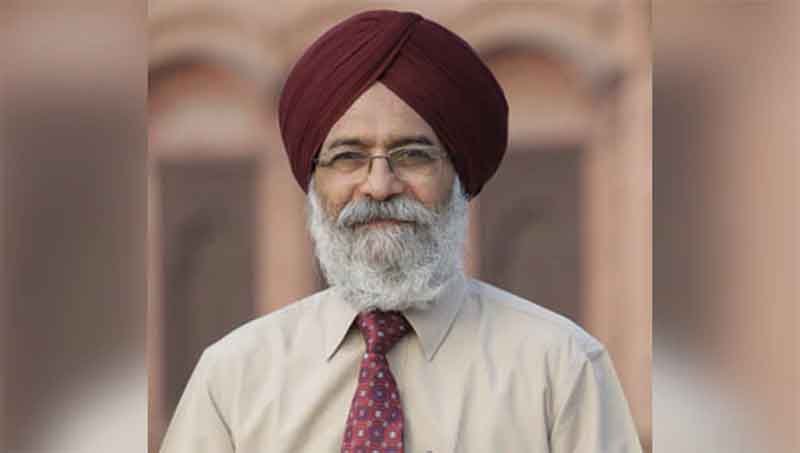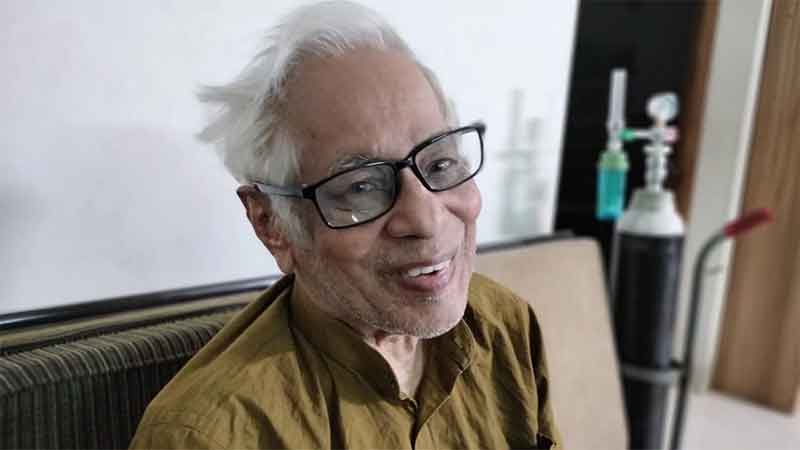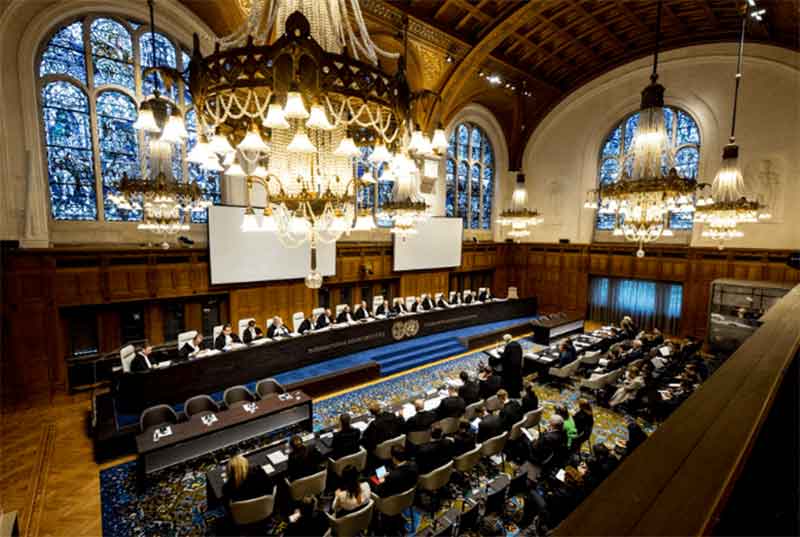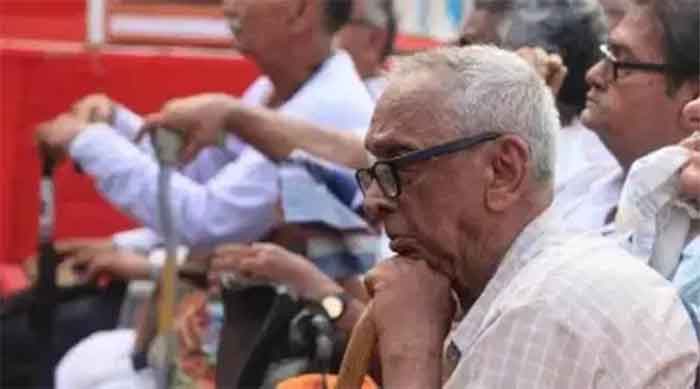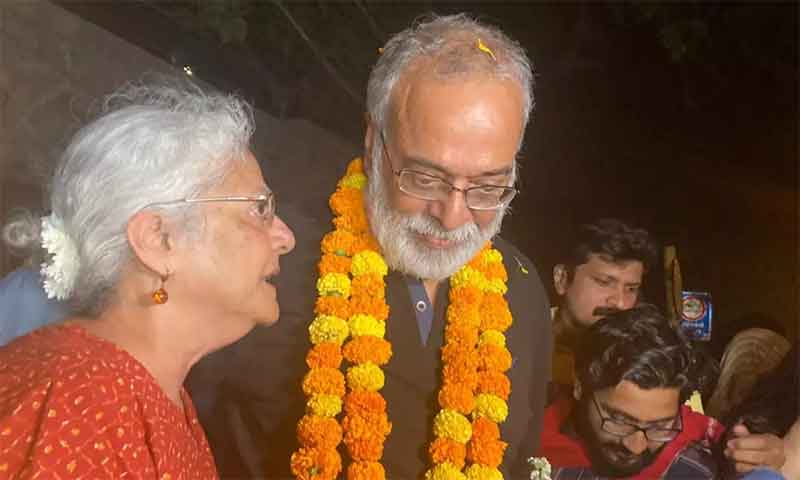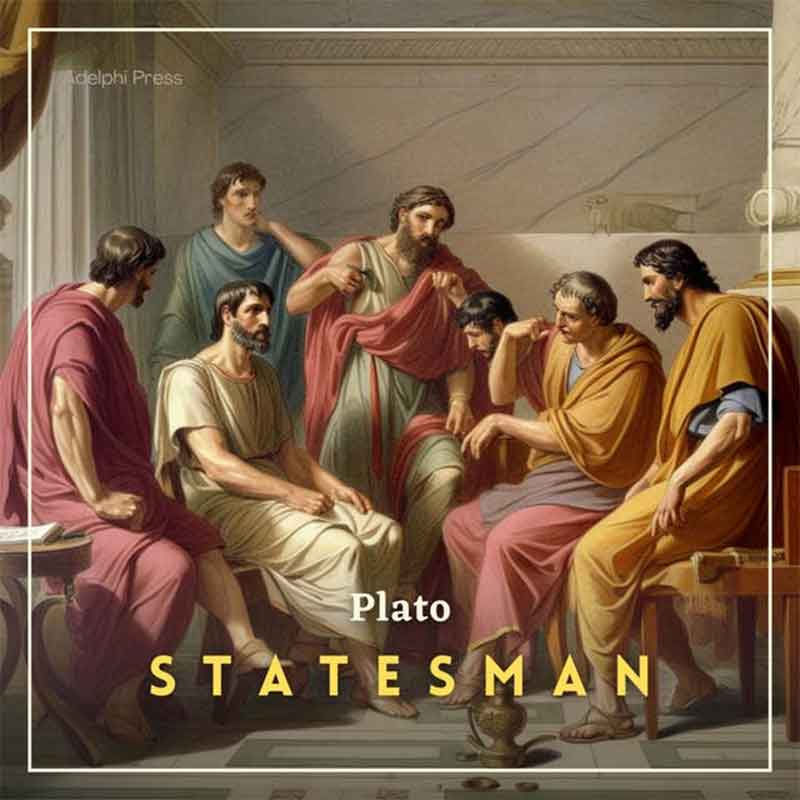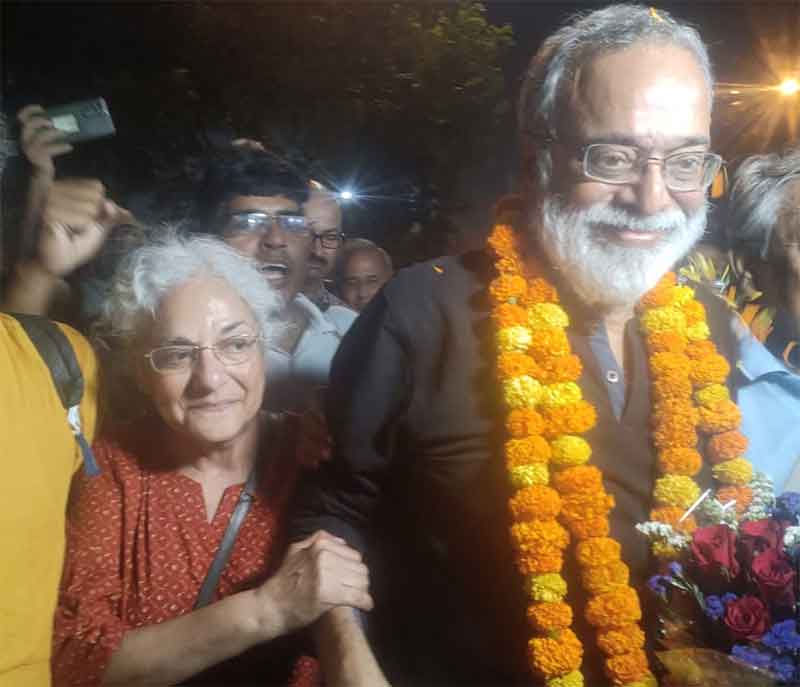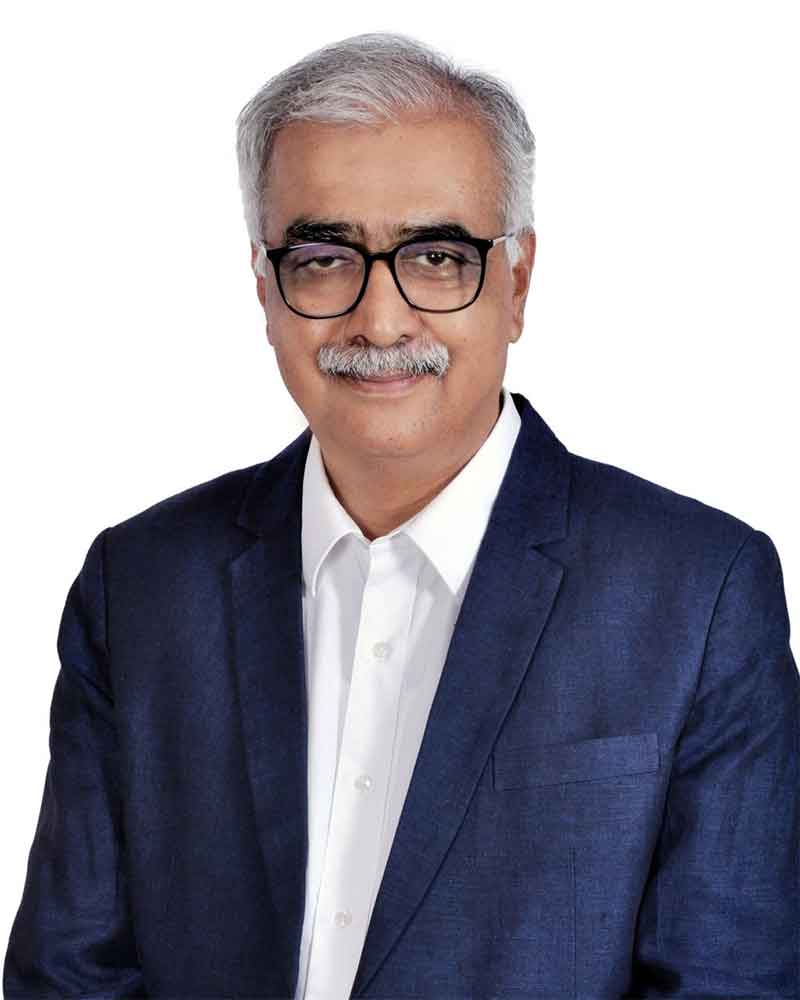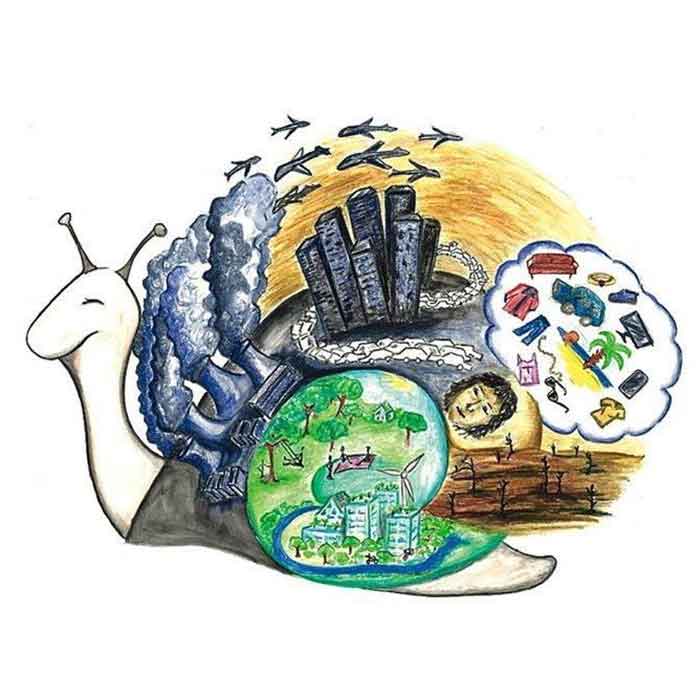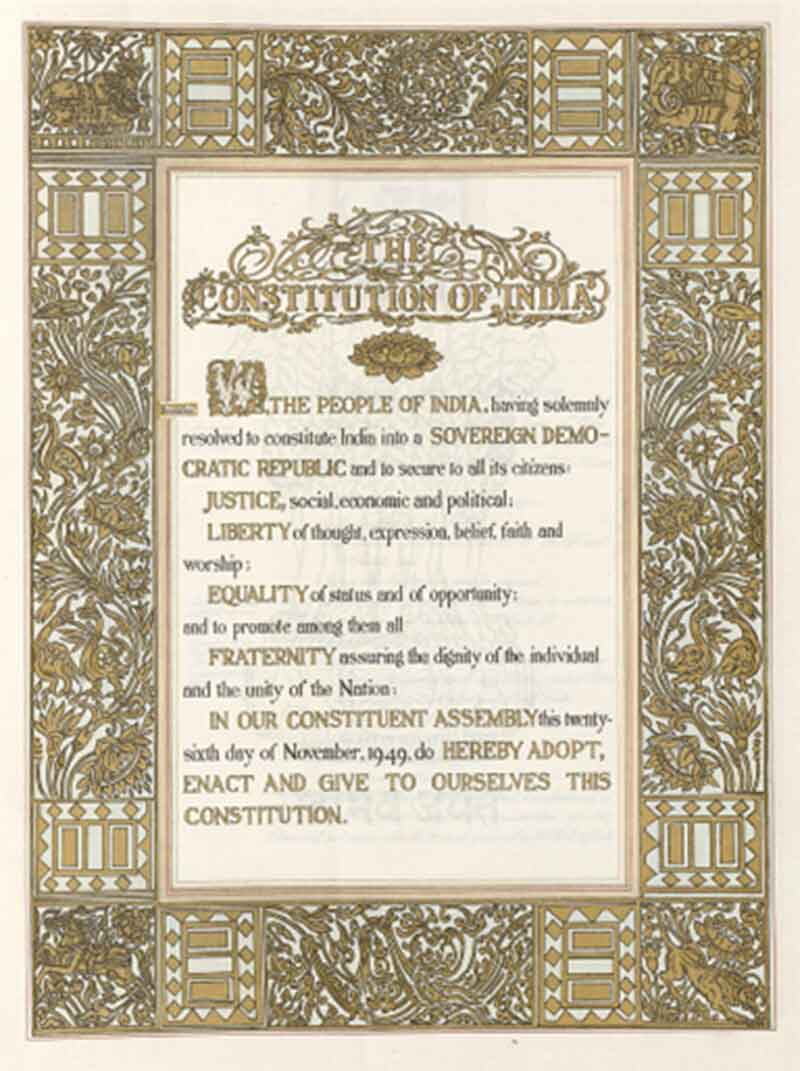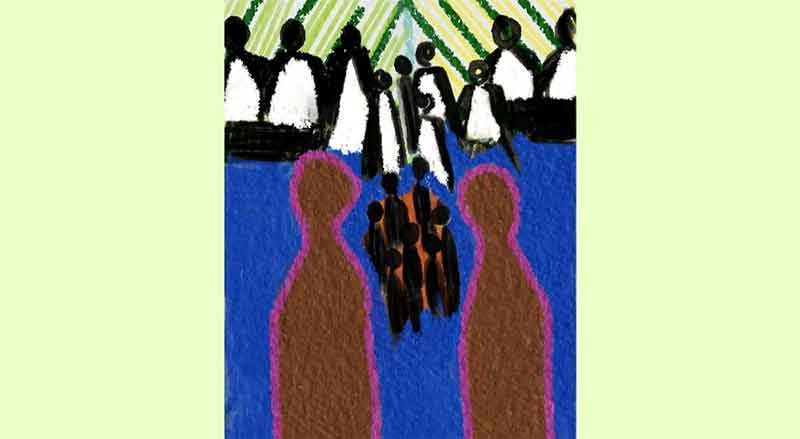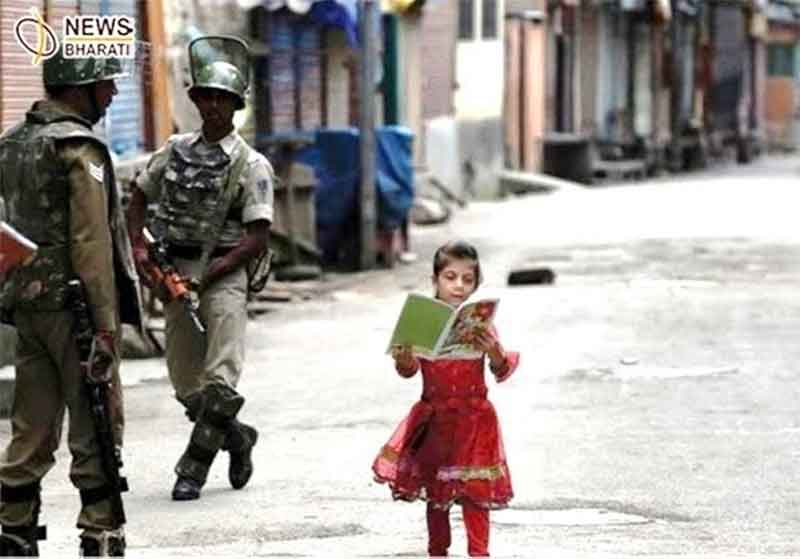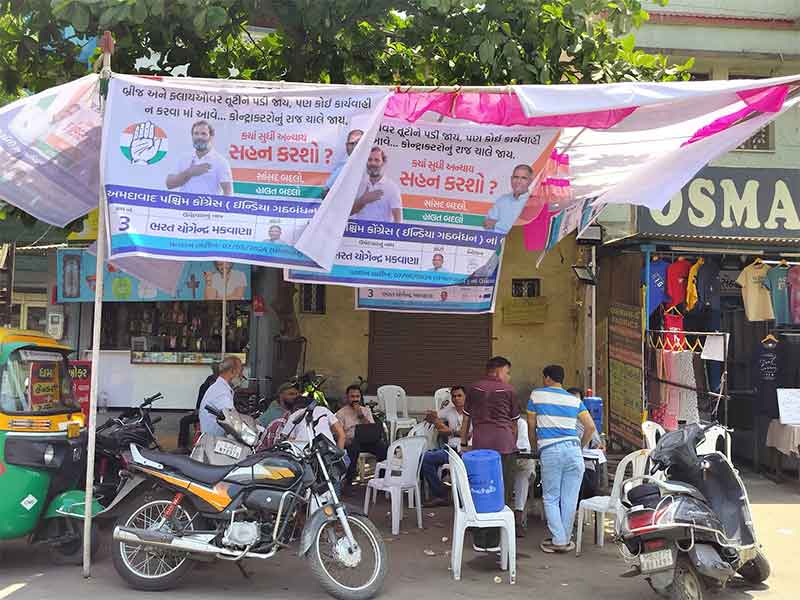
On May 8th, 2024 we are celebrating the 163rd birth anniversary of Rabindranath Tagore. In 1908, Rabindranath Tagore articulated a poignant sentiment in a letter to his friend A.M. Bose, asserting, “Patriotism can’t be our final spiritual shelter. I will not buy glass for the price of diamonds and I will never allow patriotism to triumph over humanity as long as I live.” These profound words encapsulate the idea that humanity should always take precedence over nationalistic fervor. Interestingly, Tagore, the very originator of the concept of patriotism, recognized its abstract nature and cautioned against allowing it to overshadow basic human values. Hence, he advocated for an internalized sense of patriotism rather than one imposed from external sources.
Patriotism, as Tagore implies, encompasses abstract elements and is deeply intertwined with an individual’s cognitive domain. It signifies a collective loyalty and devotion to one’s nation or identity. However, for this collective loyalty to thrive, it requires a peaceful and conducive atmosphere. Furthermore, societal norms and values play a crucial role in nurturing the spirit of patriotism.
In 1916, Tagore’s novel, ‘The Home and the World,’ echoed his reservations about the pitfalls of exaggerated patriotism. He expressed concerns that when love for one’s country transforms into worship or a “sacred obligation,” it inevitably leads to disaster. He stressed the importance of serving the country while reserving worship for what is right, transcending national boundaries. Tagore’s foresight into the catastrophic consequences of elevating patriotism to a sacred status is striking.
The contemporary manipulation and politicization of patriotism and nationalism have veered the nation away from its righteous path toward an egalitarian society. This hyper-patriotism, as observed, deviates from the essence of true patriotism.
Drawing from the insights of Louis Althusser, the renowned Neo-Marxist, we can understand the contemporary dynamics of political economy and power structures. However, Althusser’s theory of the Repressive State Apparatus (RSA) and Ideological State Apparatus (ISA) sheds light on how ruling classes exert control over the masses. In modern India, we witness the labelling of patriotism and nationalism through programs like “har-ghar-tranga,” often excluding non-participatory groups. However, true patriotism cannot be measured by symbolic gestures but rather by genuine feelings of unity and loyalty toward the nation.
Mahatma Gandhi’s perspective on the national flag underscores its importance as a unifying symbol, but he cautioned against elevating it to a sacred status. In a democratic society like India, the acceptance and relevance of these concepts should stem from the will of the people rather than coercive forces.
In conclusion, the essence of patriotism as envisioned by Tagore and the symbolism of the national flag, as articulated by Gandhi, has been distorted in contemporary India. While concepts of patriotism and nationalism may find higher acceptance when propagated through peaceful means, their true essence lies in fostering a sense of unity and inclusivity within society.
Dr Aijaz Ahmed (Ph.D. Sociology from A.M.U, Aligarh), Presently working as Assistant professor (Contractual) in Department of Sociology, Govt. Degree PG Collage Bhaderwah, University of Jammu (Jammu & Kashmir)
Email:[email protected]

